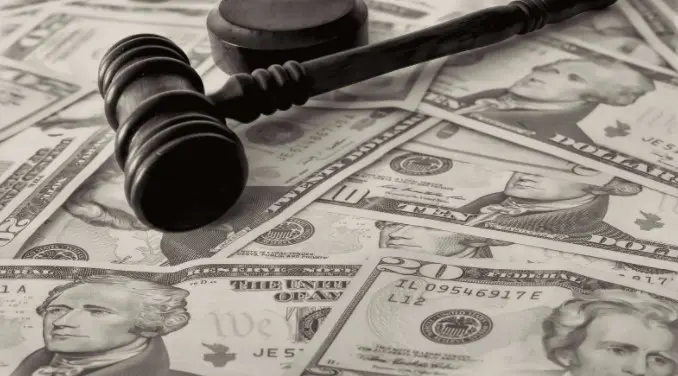Practice Areas

Diminished value is the amount of money needed to compensate you for the difference between your car’s value before an accident and its current value.
If you have been in a car accident that was not your fault and your property was damaged, you should consider consulting with an attorney to file a diminished value lawsuit.
Three Types of Claims That Are Considered Diminished Value
- Repair-related diminished value is the lost value resulting specifically from the quality of repairs. If repairs were made but were improper, incomplete, or poor quality, then a vehicle’s value can depreciate. This value is generally determined by the overall quality of the vehicle’s repairs. Specifically, a repair-related diminished value happens after an initial accident. During the repairs, if the vehicle now has mismatched paint colors or consists of aftermarket parts, then the quality of the repair left a definable loss in value on the vehicle.
- Inherent diminished value occurs when the vehicle has been repaired following an accident to its original condition; however, the fact itself that the vehicle that has been in an accident can decrease its value. Inherent diminished value is widely recognized and is the most accepted form of valuation. This type of diminished value can be paired with other claims, especially additional forms of diminished value. An inherent diminished value claim makes the argument that a person should be compensated for the difference between what the value of the car presently is versus what the value would have been if the accident had not occurred.
- Immediate diminished value is the difference in the resale or trade-in value of the car from before the accident to after the accident when repairs have been done. Like with inherent diminished value, the fact that there was an accident leads directly to the question of differential resale value. Considering the totality of diminished value claims, it might be beneficial to you to speak with an attorney after an accident for a diminished value lawsuit.
How Do You Prove Diminished Value?
Usually, if you are in an accident wholly attributable to the other party, you might have a claim against their insurance company for diminished value. However, it is more difficult to succeed at a diminished value claim if you are involved in a single-car accident and request that compensation from your own insurance company.
First, the value of your car will need to be determined, then you, your attorney, or your insurance company can calculate the base loss. Then, that base loss can be multiplied for a larger compensation rate depending on the damage. For instance, if your vehicle had severe structural damage, then you would be eligible for the highest multiplier, but if your car suffered only minor damage to one panel, you would be eligible for a lower multiplier.
How Can CEO Lawyer Help in Georgia?
Along with the general principles of diminished value, Georgia, US law allows car insurance companies to consider the lost resale value of a vehicle when evaluating property damage claims arising out of a car accident. Talk with the injury and accident attorneys at the CEO Lawyer Personal Injury Law Firm to understand how we can help you with your diminished value lawsuit.